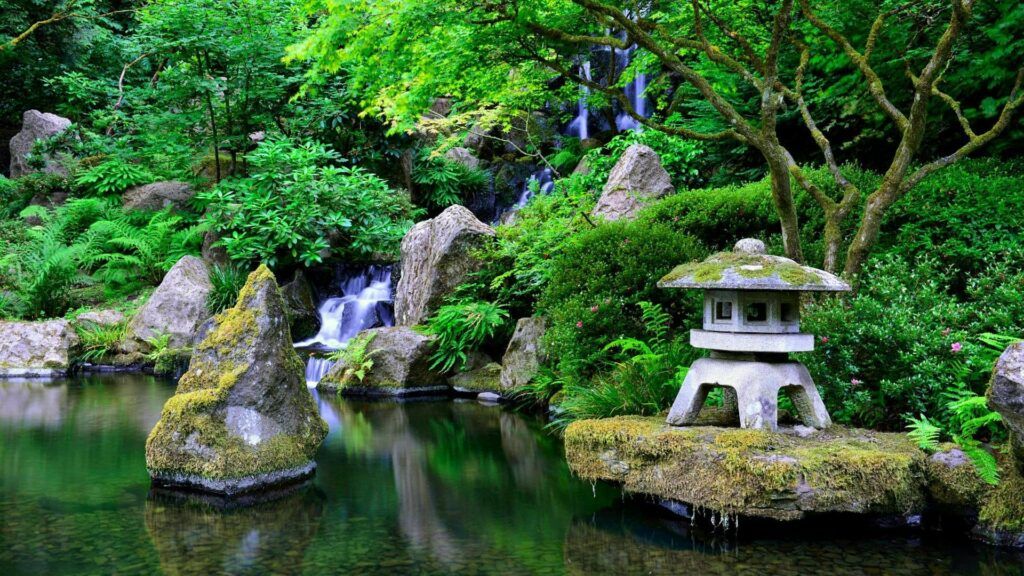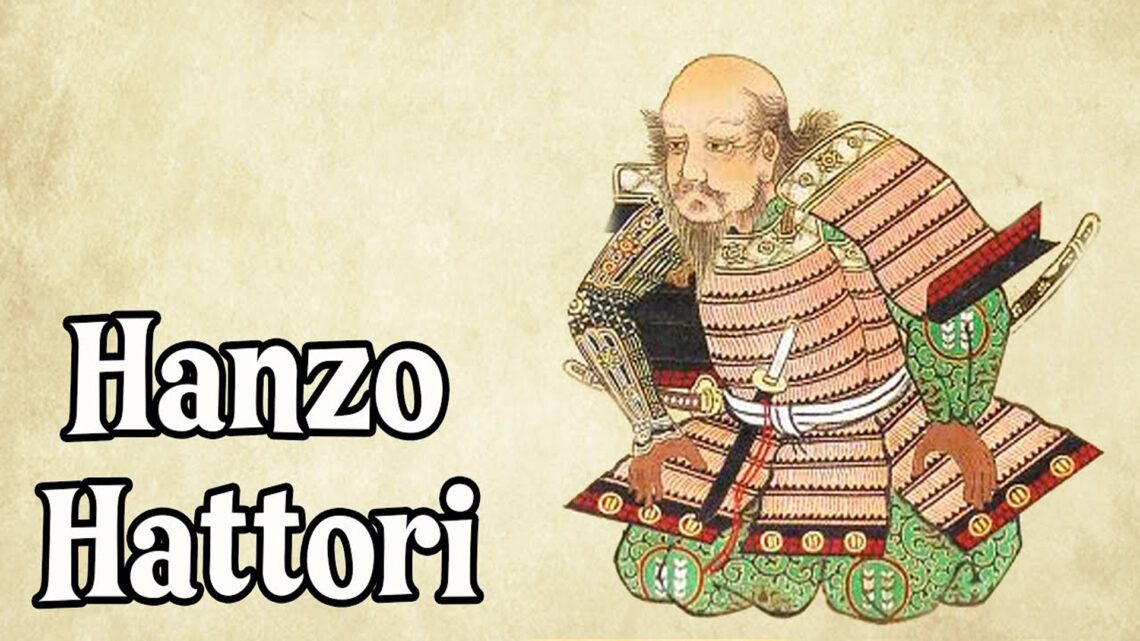
In today’s modern society, many people seek spiritual fulfillment and a deeper understanding of their own culture. One of the most fascinating aspects of Japanese culture is Shintoism, an indigenous religion that has influenced the lives of people in Japan for centuries. In this article, we will delve into Shintoism and examine its relevance and impact in today’s modern society.
What is Shintoism?
Before delving deeper into Shintoism and its role in modern society, it is important to understand what this religion is all about. Shintoism is an indigenous religion of Japan that is closely connected to nature and the spirits of ancestors. Its origins can be traced back to Japan’s ancient history, and it has undergone many developments and changes over the centuries.
The Basic Principles of Shintoism Worship of Kami:
In Shintoism, Kami are revered as divine spirits or gods. Kami can exist in various forms, including natural elements like mountains, rivers, and trees, as well as the spirits of deceased ancestors.
Simplicity and Purity:
Shintoism emphasizes the importance of simplicity and purity in thoughts and actions. It is about living a life in harmony with nature and the Kami.
Shrines and Rituals:
Shrines are central places of worship in Shintoism. Believers visit these shrines to pray, offer sacrifices, and participate in various rituals.
Shintoism in Modern Society In today’s modern society, Shintoism still plays a significant role despite Japan becoming a highly developed technological country. Here are some ways in which Shintoism is present in modern society:
Shinto Shrines and Festivals:
Shinto shrines are found throughout Japan, and many people visit them regularly to pray for luck, health, and success. The shrines are often of impressive architecture and surrounded by breathtaking natural scenery. During important festivals and seasons, people come together to participate in traditional ceremonies and celebrations.
Influence on Culture and Art:
Shintoism has profound effects on Japanese culture and art. Many traditional art forms, such as Noh theater and the tea ceremony, have their roots in this religion. The aesthetics of Shintoism, closely connected to nature, are also reflected in contemporary Japanese art.
Moral Values and Ethics:
The moral values of Shintoism emphasize honesty, respect for others, and harmony with nature. These values are also of great importance in modern Japanese society and influence social interactions.
Connection to Nature and Environmental Conservation:
Shintoism teaches the connection with nature and the protection of the environment. Many Shinto shrines are located in picturesque natural areas, and preserving these natural resources is a significant concern for many believers.
Preserving the Importance of Shintoism Despite Japan’s rapid modernization and globalization, people continue to strive to preserve the significance of Shintoism. It serves as a source of identity and pride for Japanese culture and plays a unique role in shaping society.
Conclusion Shintoism remains a significant spiritual and cultural force in modern Japanese society. Its connection to nature, moral values, and diverse influences on art and culture make it a fascinating religion. By respecting and preserving the values of Shintoism, people can maintain a deep connection to Japanese culture and tradition.
FAQs about Shintoism:
What are Kami in Shintoism? Kami are divine spirits or gods revered in Shintoism and can exist in various forms.
What is the significance of nature in Shintoism? Nature plays a central role in Shintoism as it is closely associated with Kami and spirituality.
Where can one visit Shinto shrines? Shinto shrines can be found throughout Japan. Some of the most well-known shrines include Meiji Shrine in Tokyo and Itsukushima Shrine in Hiroshima.
How does Shintoism influence art? Shintoism has a significant influence on Japanese art, from traditional forms like Noh theater to contemporary art and aesthetics.
What are the fundamental moral values of Shintoism? The fundamental moral values of Shintoism are honesty, respect for others, and the connection to nature.
“shinto: the way of the gods – the ancient religion of japan and its influence on society” is a comprehensive examination of the shinto religion and its significance in japanese society. shinto, which literally means “way of the gods,” is one of the oldest religions in the world and has a profound influence on japanese culture, history, and identity.
in this book, we explore the origins of shintoism and the fundamental principles of this religion.
we take a look at the various types of shinto shrines and their significance as places of worship and purification. furthermore, we examine the diverse rituals and ceremonies practiced in shinto and how they shape the spiritual lives of people in japan.
another important topic is the connection between shinto and nature. in shintoism, it is believed that nature is inhabited by spirits or gods, and this concept has a strong influence on the understanding and treatment of the environment in japan. we also consider the connection between shinto and japanese mythology, as many of the gods and goddesses of shinto play a role in ancient japanese myths and legends.
an additional aspect is the importance of shinto in family life. family rituals and ancestor veneration are integral parts of shinto beliefs and have a significant impact on family relationships in japan.





